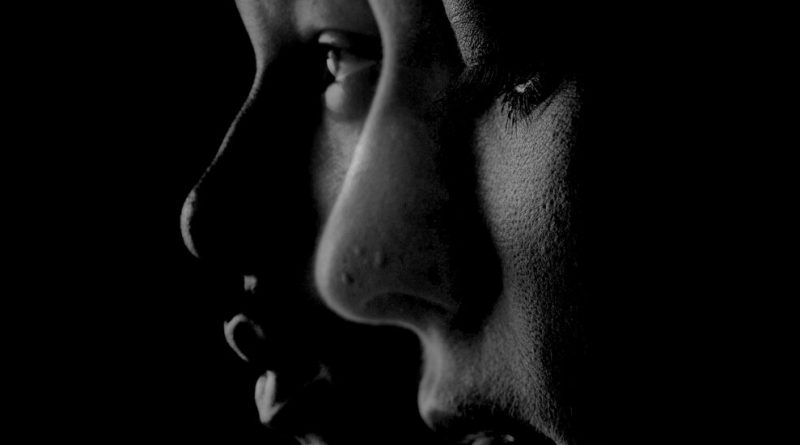Opinion | Don’t Let Politics Cloud Your View of What’s Going On With Teens and Depression
[ad_1]
Clearly, kids are in terrible pain. In trying to understand why, many conservatives have embraced ideas about the damaging effects of social media championed by Haidt and Twenge. The Republican senator Josh Hawley cited Twenge’s work in calling for a ban on social media use by kids under 16. “Depression and social media use go hand in hand,” he wrote in The Washington Post. In Utah, the Republican governor has announced plans to sue social media companies for allegedly damaging kids’ mental health, and the Republican-controlled House there just passed a bill making it easier for individuals to sue social media companies as well.
Some on the left, by contrast, are drawn to the assumptions I first made when I saw the “Politics of Depression” paper, pointing to the lamentable state of the world to explain girls’ misery. In The Guardian, Moira Donegan zeroed in on the Youth Risk Behavior Survey’s finding that 14 percent of high school girls say they’d been forced to have sex, and nearly a fifth experienced sexual violence in the past year. The Washington Post’s Taylor Lorenz wrote, in a viral tweet, “People are like ‘why are kids so depressed it must be their PHONES!’ But never mention the fact that we’re living in a late stage capitalist hellscape during an ongoing deadly pandemic.” The feminist writer Jessica Valenti argued that girls’ depression is a natural reaction to a brutally misogynist culture. “The real crisis, the problem that needs fixing, isn’t girls’ mental health,” she wrote. “In the midst of all this violence and dehumanization, their depression is actually very reasonable!”
I agree with Donegan and Valenti about the horrifying toll that sexist violence takes on girls and women. But sexual assault and political backsliding can’t be the whole story behind soaring rates of adolescent anguish. Sexual violence has been consistently bad in America: According to the Youth Risk Behavior Survey, in 2011, 12 percent of girls reported that they’d been forced to have sex, only two points fewer than in 2021. American politics didn’t take a severe right turn until 2016. And regardless, the steep decline in young people’s mental health around 2012 isn’t just an American problem: It also shows up in Britain, Canada and Australia.
Technology, not politics, was what changed in all these countries around 2012. That was the year that Facebook bought Instagram and the word “selfie” entered the popular lexicon. As Twenge showed in “iGen,” in 2009, fewer than 60 percent of eighth grade girls reported near-daily use of what were then called “social networking sites.” By 2014, more than 80 percent did.
Social media didn’t just cut into offline socializing. It precipitated a revolution in consciousness, in which people are constantly packaging themselves for public consumption and seeing their popularity and the popularity of others quantified. It’s not shocking that this new mode of existence would be particularly fraught for those in a stage of life where both fashioning the self and finding a place to belong are paramount.
